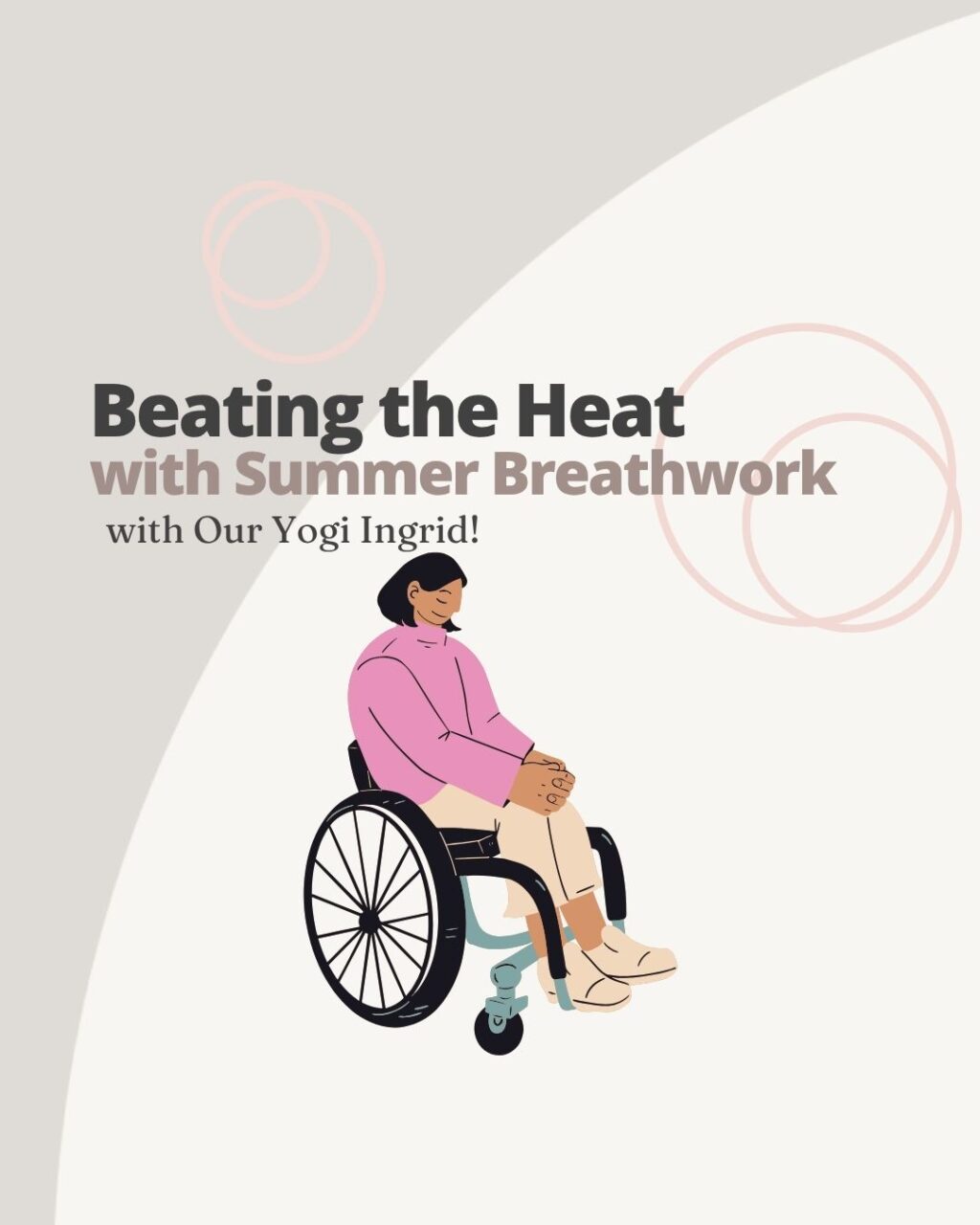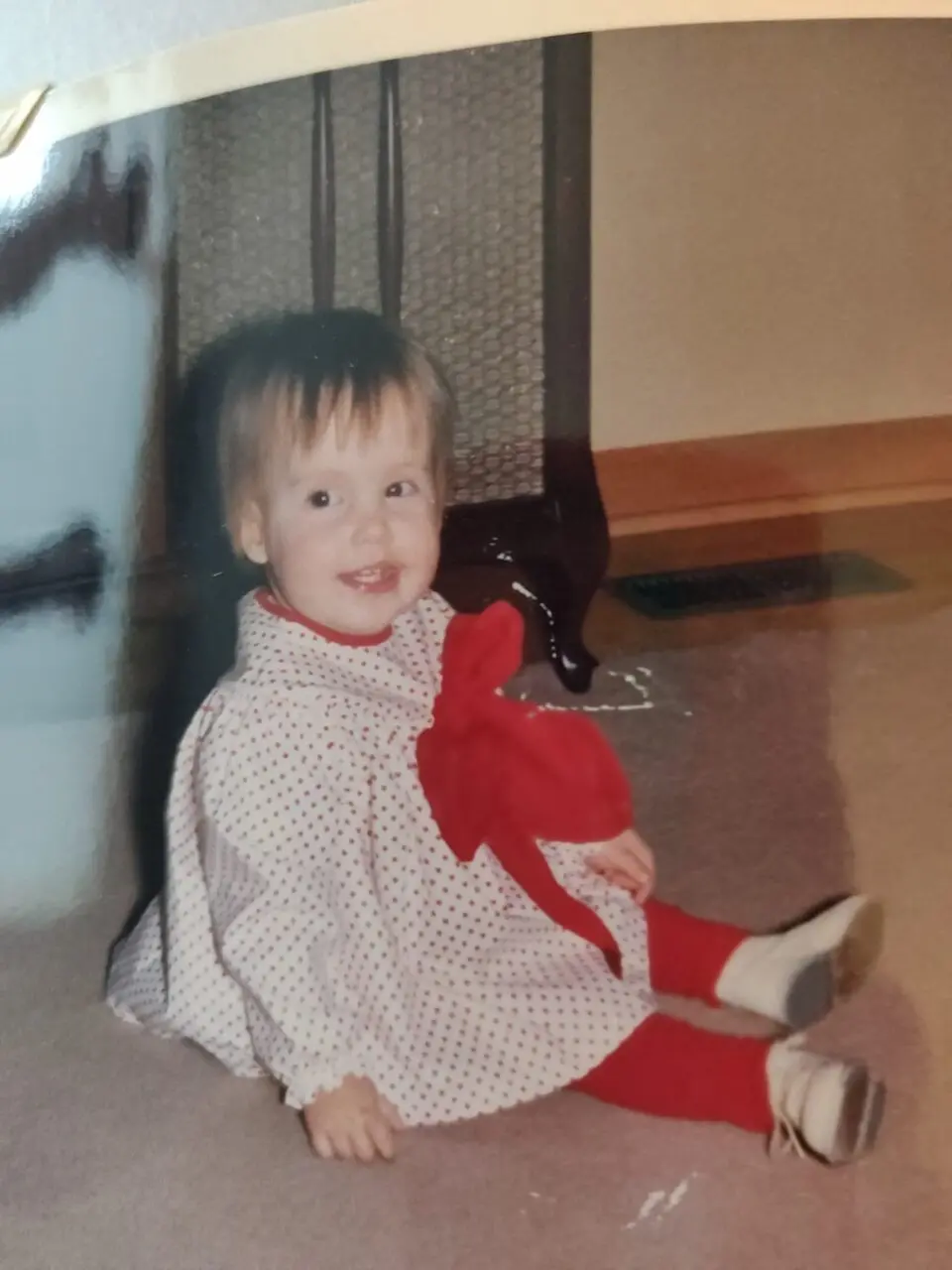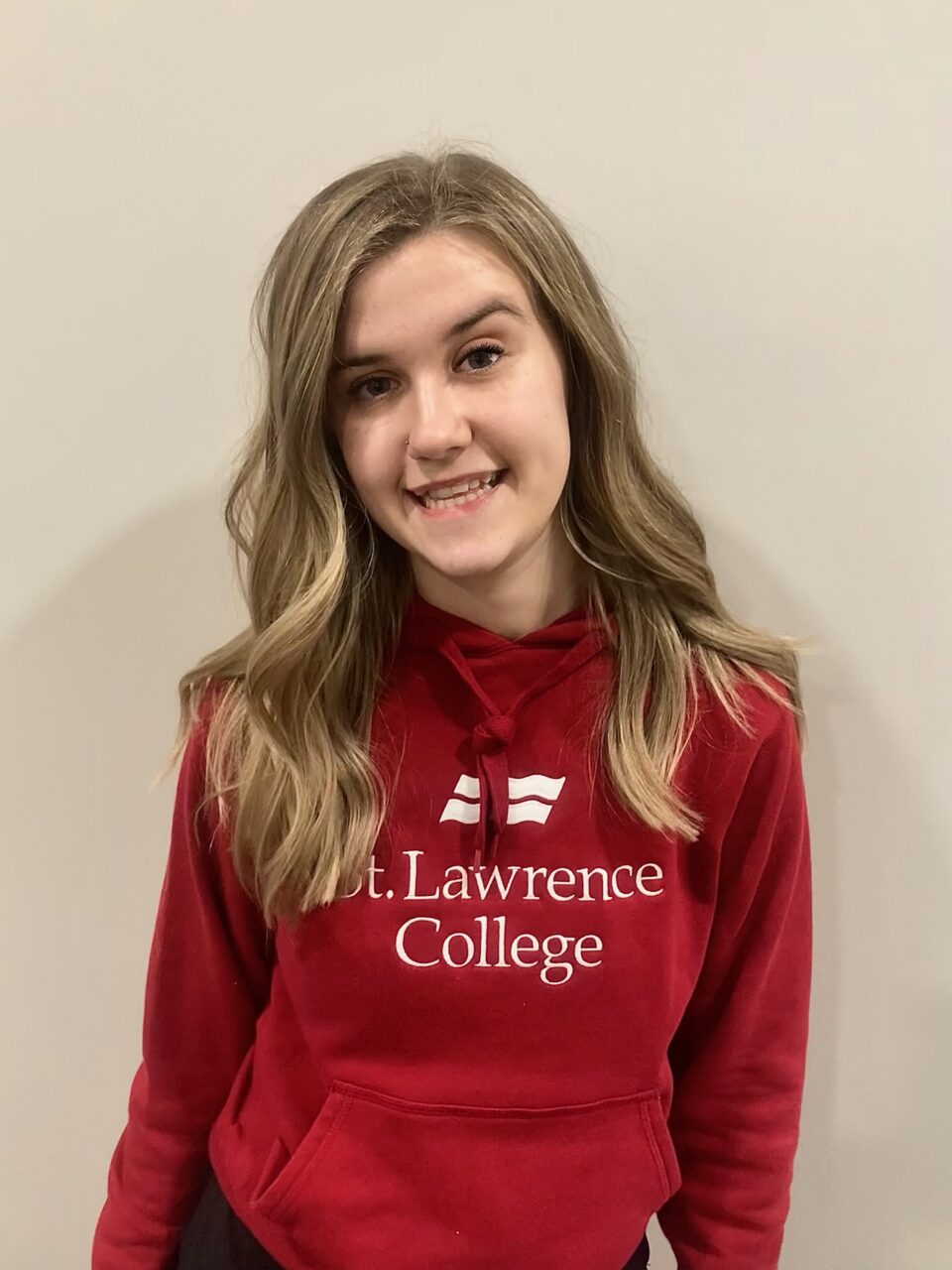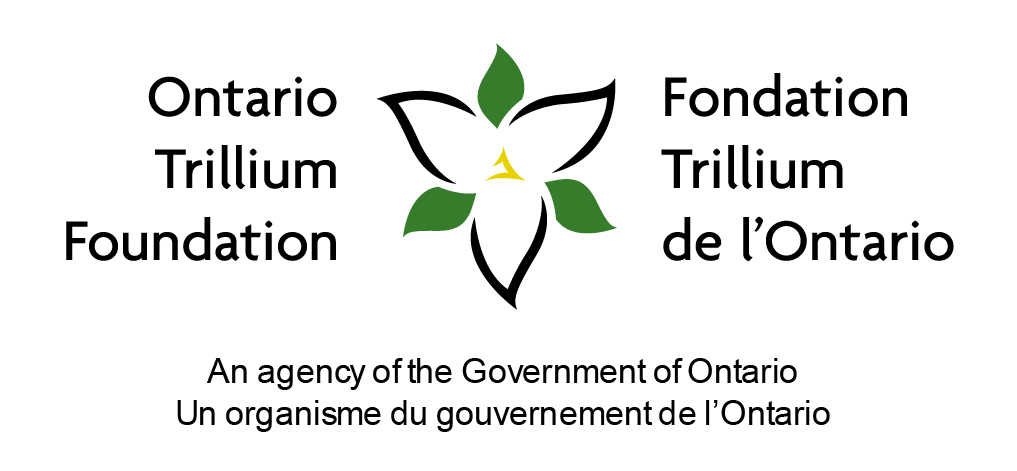Facing Everyday with Strength and Courage
Karen Howard is such a hero. In 2007, she successfully completed the 21.1 kilometer Half Marathon in Prince Edward County. In 2013, Karen completed the half marathon again! An extraordinary feat in itself, Karen has Normal Pressure Hydrocephalus (NPH). She has had to overcome many challenges, such as losing the ability to speak, walk and talk. Here is her inspiring story.
One phrase yelled from the crowd, sticks in my mind when I think back to my first half marathon and that is “You’re having way too much fun”.
It hasn’t always been this way for me. It’s been a long and sometimes difficult journey from when I was diagnosed with Adult Onset Normal Pressure Hydrocephalus to the present. This is what makes that particular comment on my achievement very special to me. The fact that I could complete the 21.1 kilometer walk and raise money for hydrocephalus is wonderful!
In 1995, I experienced tingling in my left side and lack of coordination. A CAT scan showed that I had enlarged ventricles in the brain, which lead to the diagnosis of hydrocephalus. After one year of compulsory psychiatric evaluation and medications that made me feel like a zombie, I was hospitalized because I lost the ability to speak, walk and talk. Finally, a shunt was implanted in my brain to treat the hydrocephalus.
Losing The Ability to Speak, Walk and Talk
My surgery was performed in July so that I would be ready to return to teaching in September, but I was unable to. I was very surprised that it was months before I could even get out of bed for any length of time, due to severe headaches. By the end of November I had lost 30 pounds but was finally able to teach part time. It was more difficult than I thought. Over the next six years, I had to develop many different coping strategies. I was plagued with fatigue, memory and balance problems, the inability to talk and comprehend language, headaches, as well as difficulty writing.
Finally, I had to give up my career as a teacher and playing competitive tennis, both of which I loved so much. Instead, three days a week for a six month period, I worked with physical, speech, and occupational therapists, social workers and a neuropsychiatrist. These professionals helped me set up motor pathways so I could do simple things like throw a ball.
After hours of practice, I got pretty good at it. I learned simple tricks such as going to the edge of the chair to stand up so I didn’t fall back and walking right up to the curb before stepping up so I didn’t get stuck mid stride, I developed strategies to help me read out loud.
Being a graduate of Physical Education at Queen’s University, sports have always been important to me. Since my diagnosis, I have not been able to enjoy them to the same degree. I expressed my displeasure with the situation to a friend and she said we should walk in a half marathon. I think she said it to shut me up and it worked!
I knew that I could not run the half marathon but I probably could walk it if I took my time and trained prior to the event. Three of my friends signed up with me. Then, I contacted Hydrocephalus Canada to let them know that I intended to do the walk and raise pledges for programs for hydrocephalus. They provided me with the necessary information and the rest is history. I was thrilled to complete a half marathon twice in support of this wonderful charity.
I have been blessed with wonderful family and friends that are always there with a smile and encouragement or a little lecture if I start to overdo it. In the summer of 2016, I had to have a shunt replacement, but the recovery time was quite quick. I now enjoy bridge, golf and yoga classes among other activities. It was a thrill to read to my grandchildren for the first time, a joy I was afraid I would never get to experience.
By Sharing my story to raise awareness of Normal Pressure Hydrocephalus, a condition that affects adults, it is my hope that more people will receive accurate, early diagnosis and treatment.





